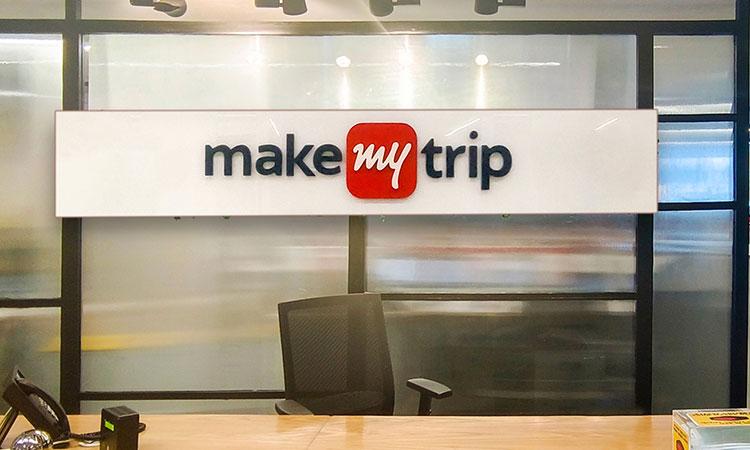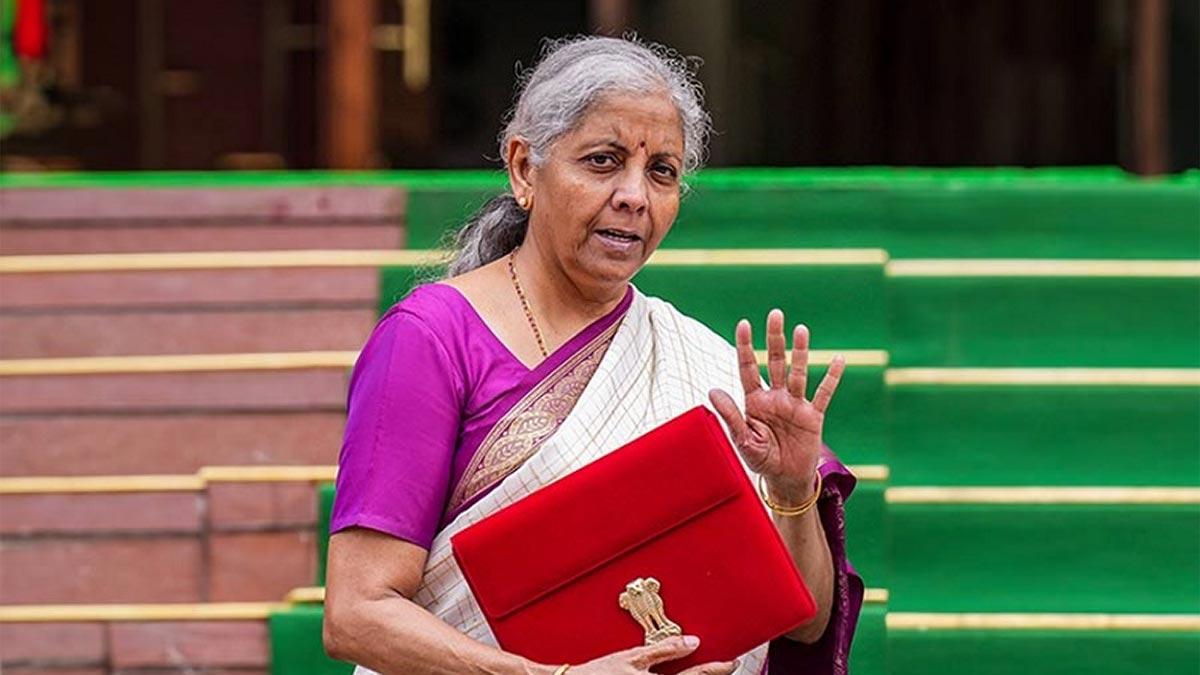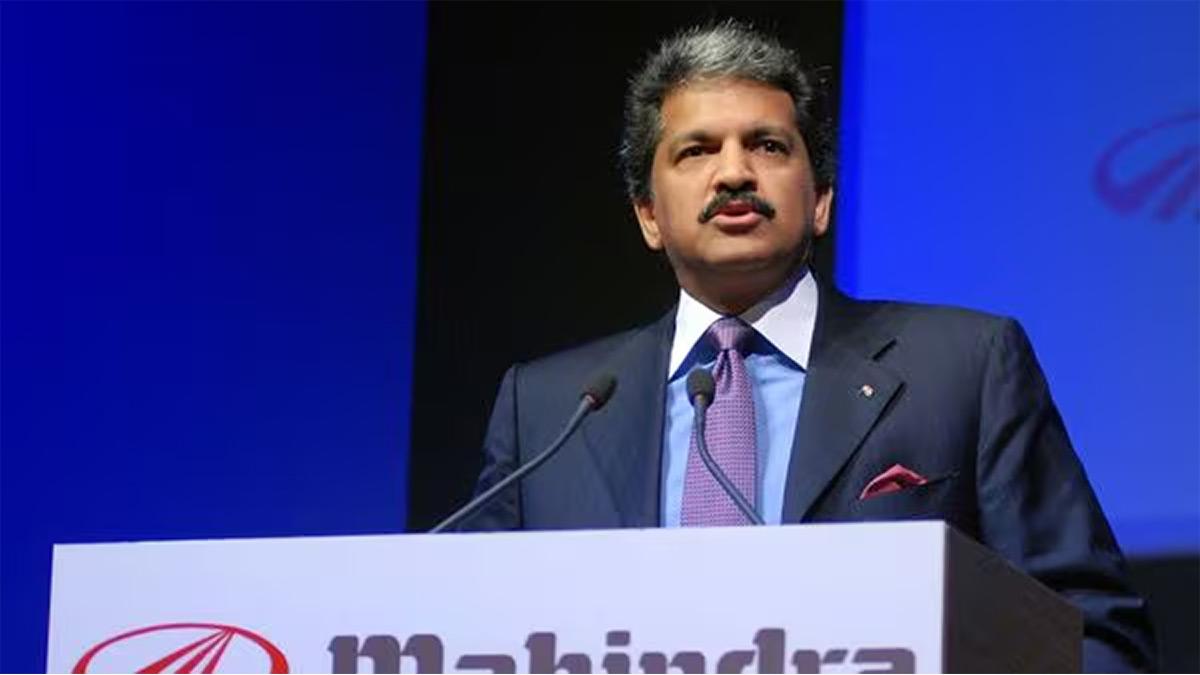Global travel service provider MakeMyTrip on Tuesday reported a growth of 64.4 per cent on gross bookings (year-on-year) that reached $1.75 billion -- its highest-ever -- for the company's fiscal third quarter that ended on December 31.
The company earned adjusted operating profit of $19.7 million in Q3 FY23, as compared to $13.2 million in Q3 FY22, over the revenue of $170.5 million (versus $115 million in 3Q22).
Profit for the period was $0.2 million as compared to a loss of $9 million during the same quarter last year.
Demand for leisure travel and tourism improved on the back of peak seasonality, according to the company.
"Positive consumer sentiment and peak seasonality on the back of festivals and holidays led to improved travel demand during this quarter," said Rajesh Magow, Group CEO, MakeMyTrip.
As a result, "we recorded our highest ever quarterly gross bookings and adjusted operating profit. Strong growth across air, hotels and bus bookings reaffirms our position as a trusted travel super-app in India," he said in a statement.
The company posted good results as the travel and tourism industry has sought assistance from the government in the Union Budget for FY24 in enhancing the structural transformation that is needed to build a stronger, more sustainable and resilient tourism industry.
Magow had said that the Indian travel and tourism industry has shown great resilience, domestic leisure travel has recovered well past pre-pandemic levels, though the long-haul international travel still lags.
5G rollout to boost 'Digital India' but journey is far from complete: Economic Survey
The rollout of 5G services can unleash new economic opportunities and help the country leapfrog the traditional barriers to development, spur innovations by startups and business enterprises, and advance the 'Digital India' vision, the Economic Survey for 2022-23 said on Tuesday.
Tabled in the Parliament by Finance Minister Nirmala Sitharaman, the Survey said that 5G could impact consumers directly through higher data transfer speeds and lower latency, "and use cases developed by telcos and start-ups in education, health, worker safety and smart agriculture, among others, are now being deployed across the country".
"The massive wave of digitisation, increased penetration of smartphones, and adoption of technology have opened the doors for both traditional and new-age sectors," it said.
Also read |Service sector to see strong growth in 2023-24: Economic survey
Currently, telcos like Reliance Jio and Airtel are fast rolling out 5G services across the country.
Reliance Jio on Tuesday announced the launch of its True 5G services across 34 additional cities. With this, Jio users across 225 cities are now enjoying Jio True 5G services.
However, according to the Economic Survey, the journey is far from complete, and a lot remains to be accomplished to realise its true potential.
Also read |India's growth inclusive with focus on job creation: Economic Survey
"As a major reform measure, the Indian Telegraph Right of Way (Amendment) Rules, 2022, will facilitate faster and easier deployment of telegraph infrastructure to enable speedy 5G rollout. The government has brought in procedural reforms in Wireless Licensing, including delicensing of various frequency bands to promote innovation, manufacturing and export," it read.
The National Frequency Allocation Plan 2022 (NFAP) provides a broad regulatory framework, identifying which frequency bands are available for cellular mobile services, Wi-fi, sound and television broadcasting, radio navigation for aircraft and ships, and other wireless communications.
"NFAP will give guidance to the users of the spectrum to plan their networks in accordance with the relevant frequency and parameters provided therein. Given that spectrum is a scarce resource, NFAP is useful in aligning spectrum usage with demands from emerging technologies in an efficient manner," the Survey noted.
India currently has around 35 per cent of its towers fiberised for 5G and the backhaul infrastructure will cost a whopping Rs 3 lakh crore over the next 4-5 years, according to rating agency ICRA.


















